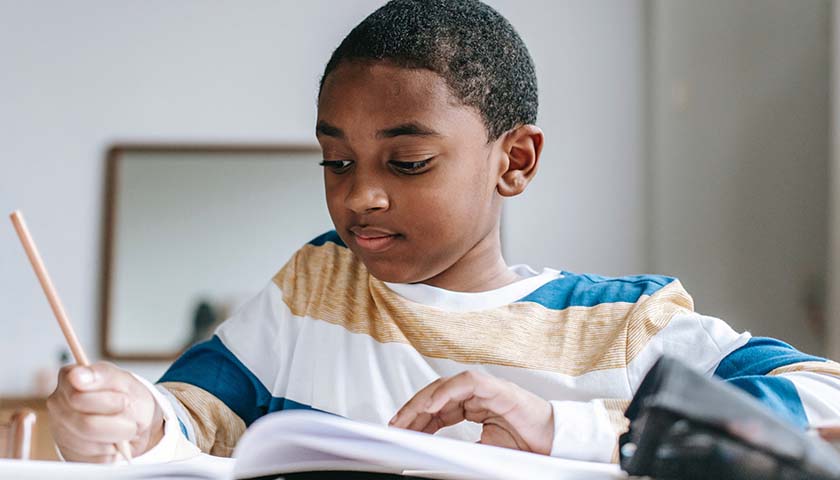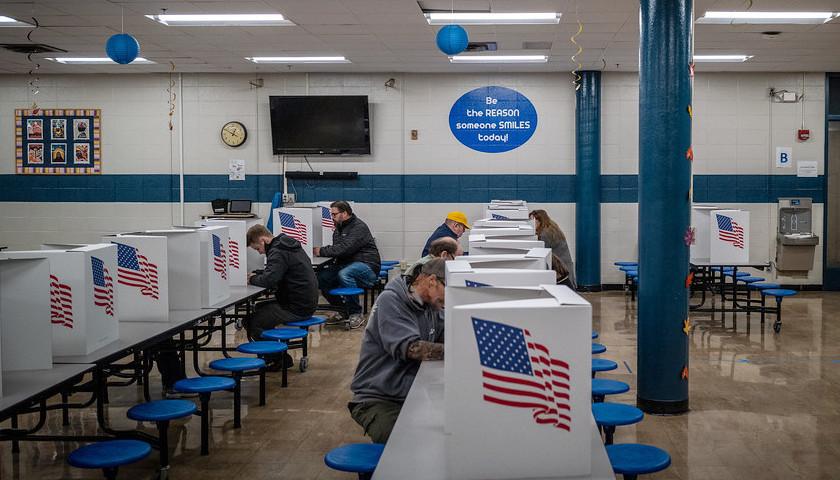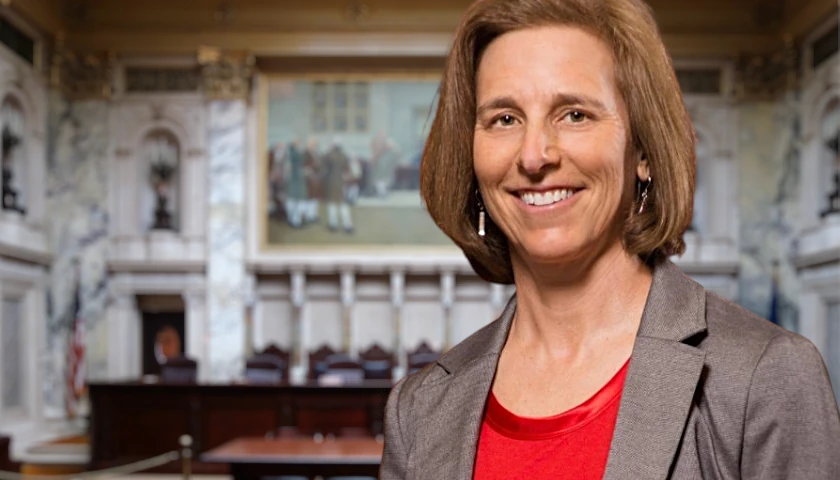by Benjamin Yount
Wisconsin’s coronavirus school closures over the past two years hurt all students across the state, but, according to a study released Friday, the closures hurt low income and minority students the most.
The Wisconsin Institute for Law and Liberty released the results of its latest research.
“On average, districts had their lowest average proficiency on the Forward Exam in its history in 2020-21, falling below 40% for the first time. This pattern was consistent across both subjects, with a slightly larger decline recorded in math,” the study’s authors wrote.
“This year, English Language Arts proficiency fell by 3.9 percentage points to 39.7% and by 5.7 percentage points in math to 38.47%.”
This means more than 60% of kids in Wisconsin schools cannot read, write, or do math at grade level.
WILL’s study said the drop-off is more pronounced in schools with a lot of low income and minority students.
“Schools with more economically disadvantaged students saw bigger proficiency declines during the pandemic than schools with fewer students in that category,” the study states. “These declines were about 6.3% in math and 6.7% in English – a tremendous problem for educators moving forward.”
WILL’s researchers said coronavirus related shutdowns made things worse for low-income and minority students.
“On average, in schools that shut down in 2020, rates of proficiency declined by about 4.8% more in math and 1.6% more in ELA than schools that remained open,” researchers noted.
WILL’s Will Flanders said Wisconsin had a learning crisis and a huge racial disparity before the coronavirus closed schools in places like Milwaukee, Madison, Green Bay, and Racine. He said the shutdowns and loss of learning have made the crisis worse.
“Evidence is piling up that the decision to close schools for in-person learning was a disastrous mistake with long-term consequences. As we count the cost, we should be mindful to employ policy solutions that will help these students recover and keep schools open,” Flanders said.
– – –
Benjamin Yount is a contributor to The Center Square.





